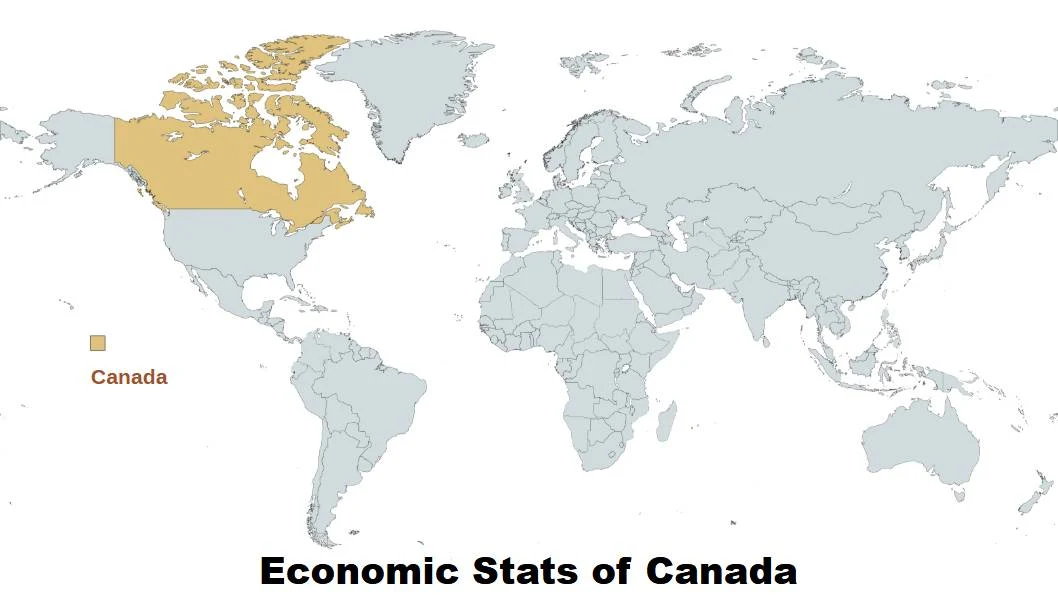Economy Of Canada
When it comes to total area, Canada is the second largest country in the world, and the value of its stock market places it in the top ten worldwide.


|
The Toronto Stock Exchange (TSX) is Canada's largest stock exchange and one of the largest in North America. |

|
The Toronto Stock Exchange (TSX) and the TSX Venture Exchange (TSXV) are Canada's two main exchanges. |

|
The cost of healthcare in Canada is roughly half that of the United States. |

|
Canadians have the world's second highest standard of living. |

|
Natural resources in Canada total $33.2 trillion. |

|
Canada's oil reserves could surpass those of the Middle East. |

|
Canada is the largest exporter of energy in the United States, including natural gas, petroleum products, crude oil, and electricity. |

|
Retail goods are frequently more expensive in Canada simply because Canadians are willing to pay more. |

|
The 1929 stock market crash had no significant impact on Canadian trading activity. While over 2000 investment and brokerage firms failed in the United States, no members of the Toronto Stock Exchange defaulted. |

|
Canada produces 71% of all maple syrup in the world. |

|
Canada earns $4 billion per year from seafood due to its world-leading 125,567-mile coastline. |

|
According to the Canadian government, the industry's GDP increased by 8.1% in the 12 months ending June 2021, employing approximately 1.5 million people. |

|
Canada has a 6.6 percent unemployment rate, a 1% inflation rate, and 12.9 percent of the population lives in poverty. Canada's economy is heavily reliant on international trade, with imports and exports of goods and services accounting for nearly one-third of GDP. |